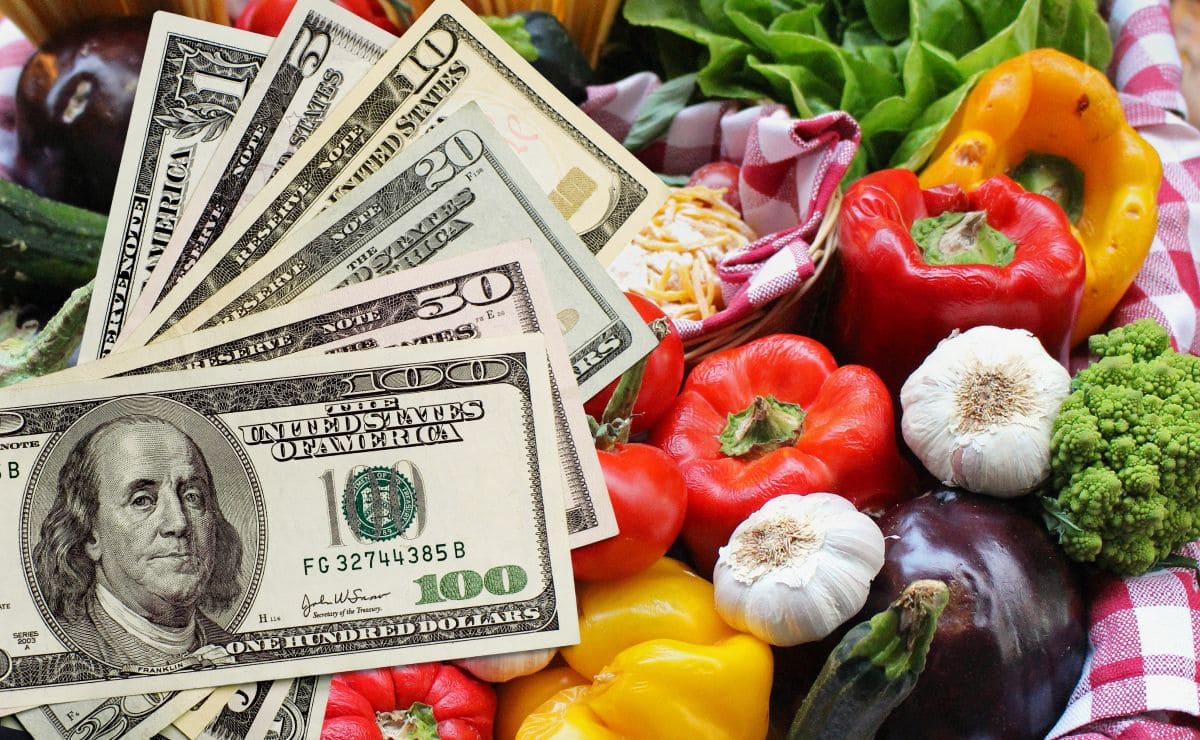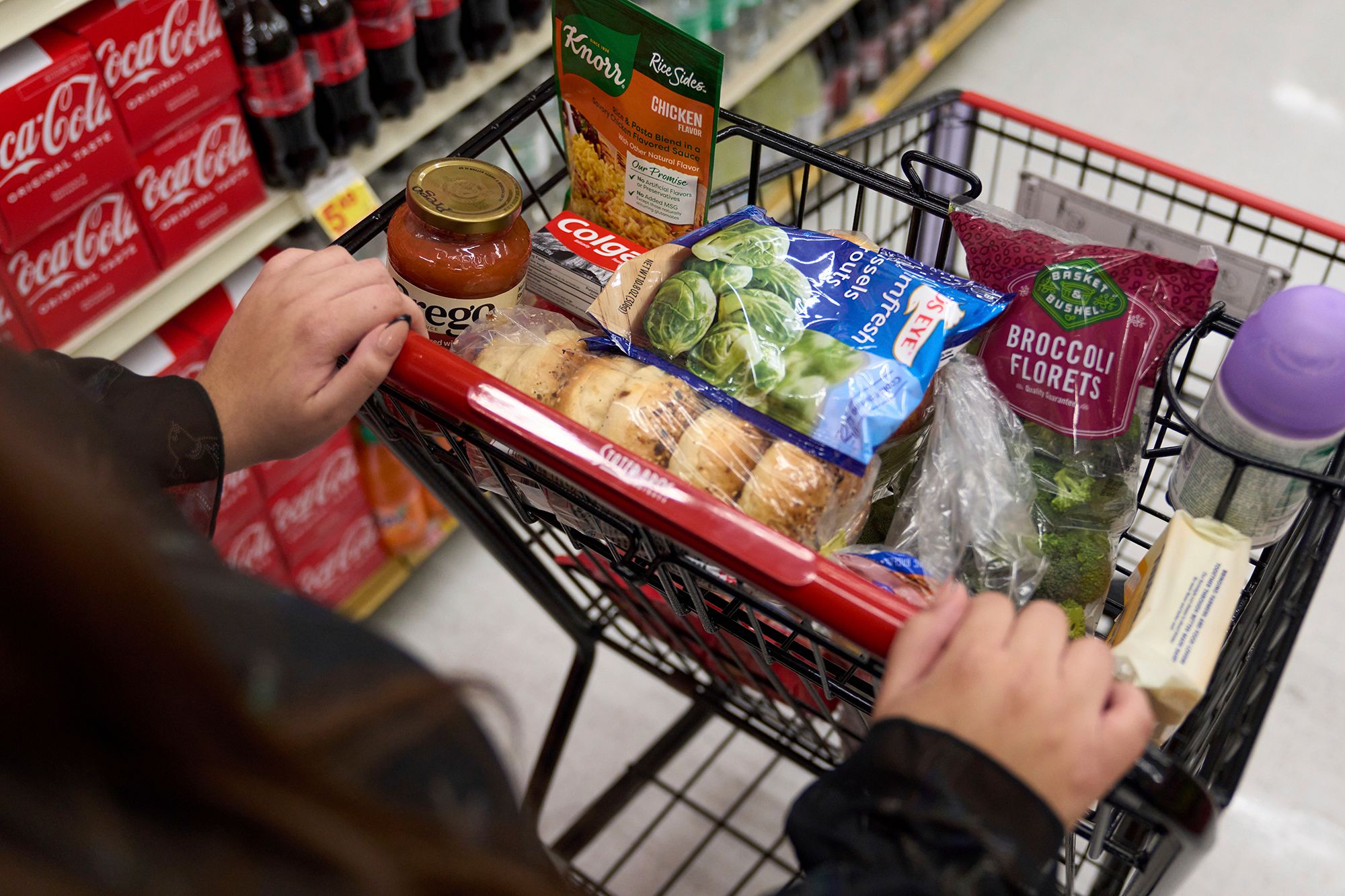Starting June 1, 35 U.S. states and territories will begin distributing SNAP benefits to qualifying low-income households, with varying schedules and procedures across different states.
Starting June 1 – 35 States Begin Distributing SNAP Benefits to Low-Income Families with New Expansion Plans in the 2024 Farm Bill
According to the published article by the Washington Examiner, starting Saturday, June 1, 35 states and territories in the U.S. will begin giving out Supplemental Nutrition Assistance Program (SNAP) benefits to people who qualify. SNAP helps low and no-income families buy groceries. The benefits are given to those whose income is at or below the federal poverty level, and they receive funds for electronic benefit cards to use at stores like Walmart and Costco. Each state has a different way of handing out these benefits, with some states giving them based on the recipient’s number or the first letter of their last name, and others sending all payments on the same day.
In April 2023, 12.5% of the U.S. population received SNAP benefits, showing how important this program is for many people. The 2024 Farm Bill plans to expand SNAP benefits to include convicted drug felons and to allow people in prison to apply for benefits 30 days before they are released. This change aims to help them get back on their feet and reduce the chances of them returning to prison by making sure they have access to food.
READ ALSO: 98% Of US Counties: SNAP Benefits Fall Short About 19% Of Meal Costs – Hunger Crisis Worsens!

35 States, 12.5% of the Population: Massive SNAP Benefit Rollout Begins June 1, 2023 – Check It Out! (PHOTO: Tododisca)
June 1 SNAP Rollout – Distribution Timelines Vary by State, Providing Crucial Support for Millions of Americans
Furthermore, some states, like Florida and Texas, will distribute benefits over a longer period, until June 28, while smaller states like North Dakota and Rhode Island will give out all benefits in one day. This difference shows how each state manages the process based on its own needs and capabilities. As the June 1 rollout starts, millions of Americans will depend on these benefits to help them buy food and support their families during tough economic times.

















































